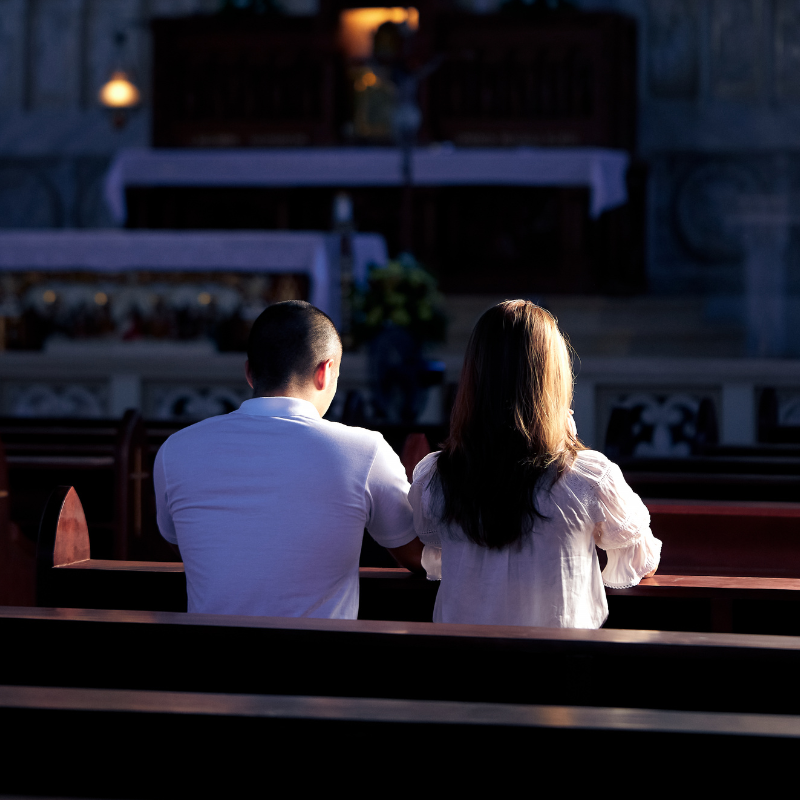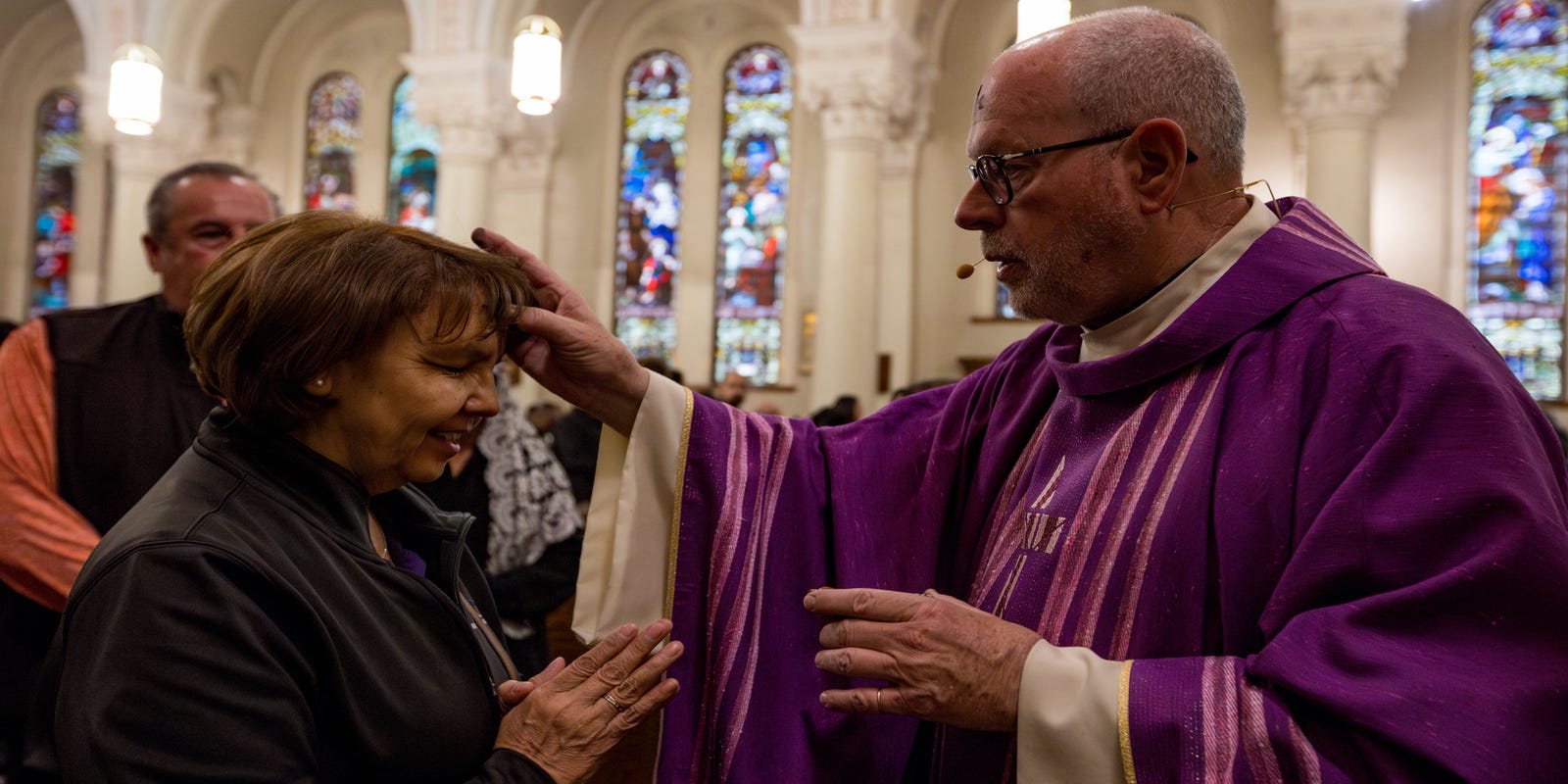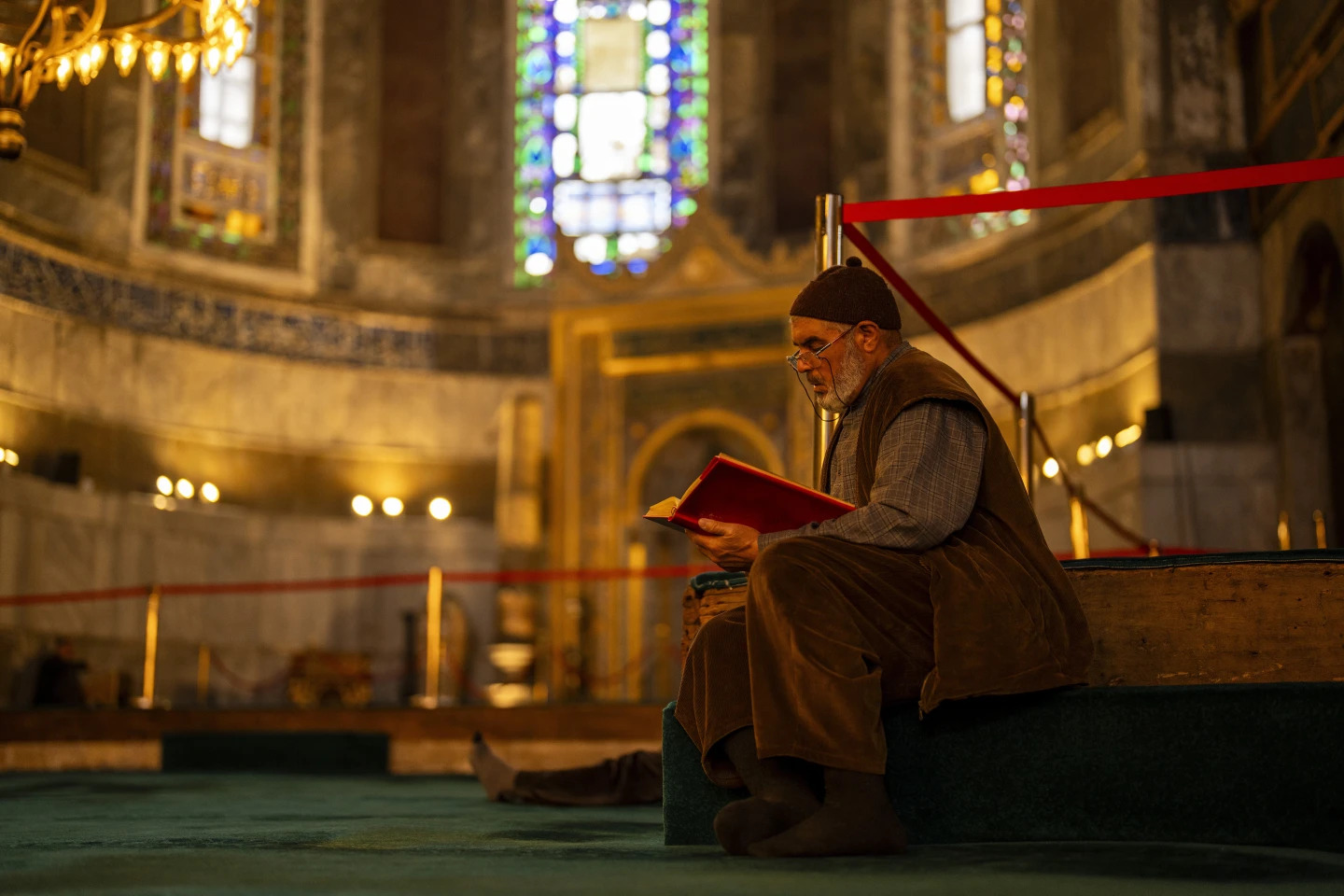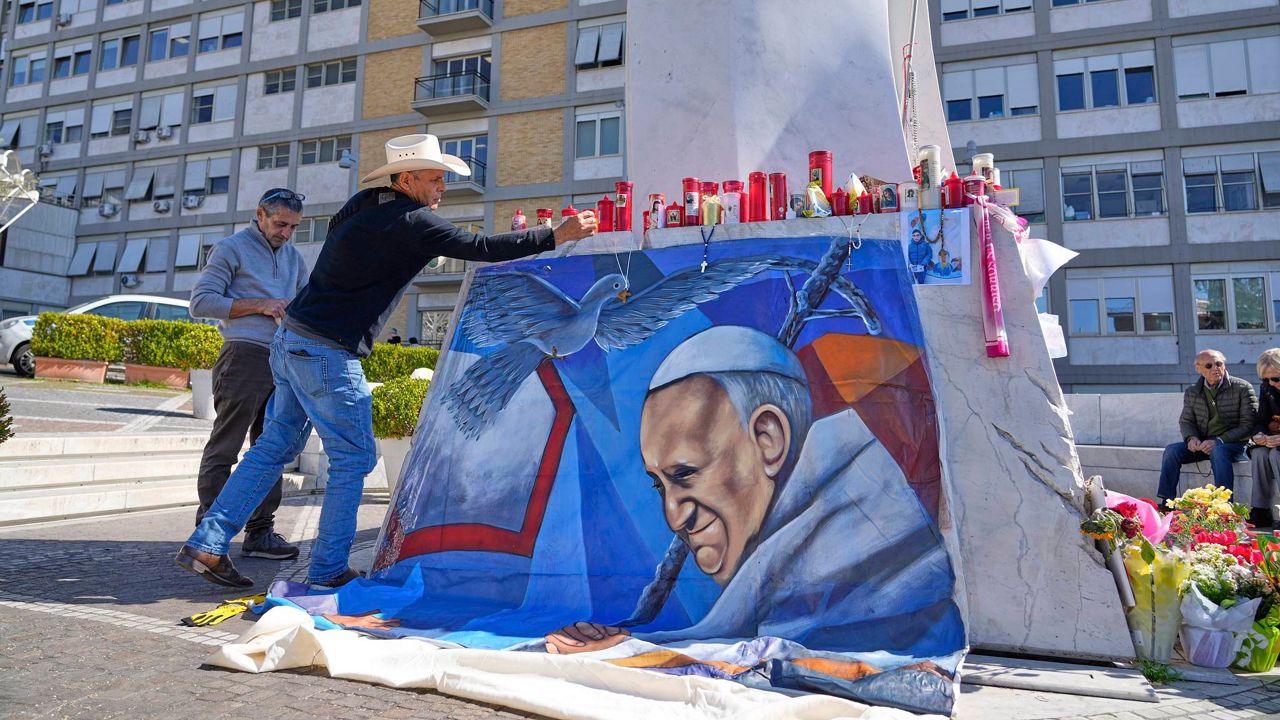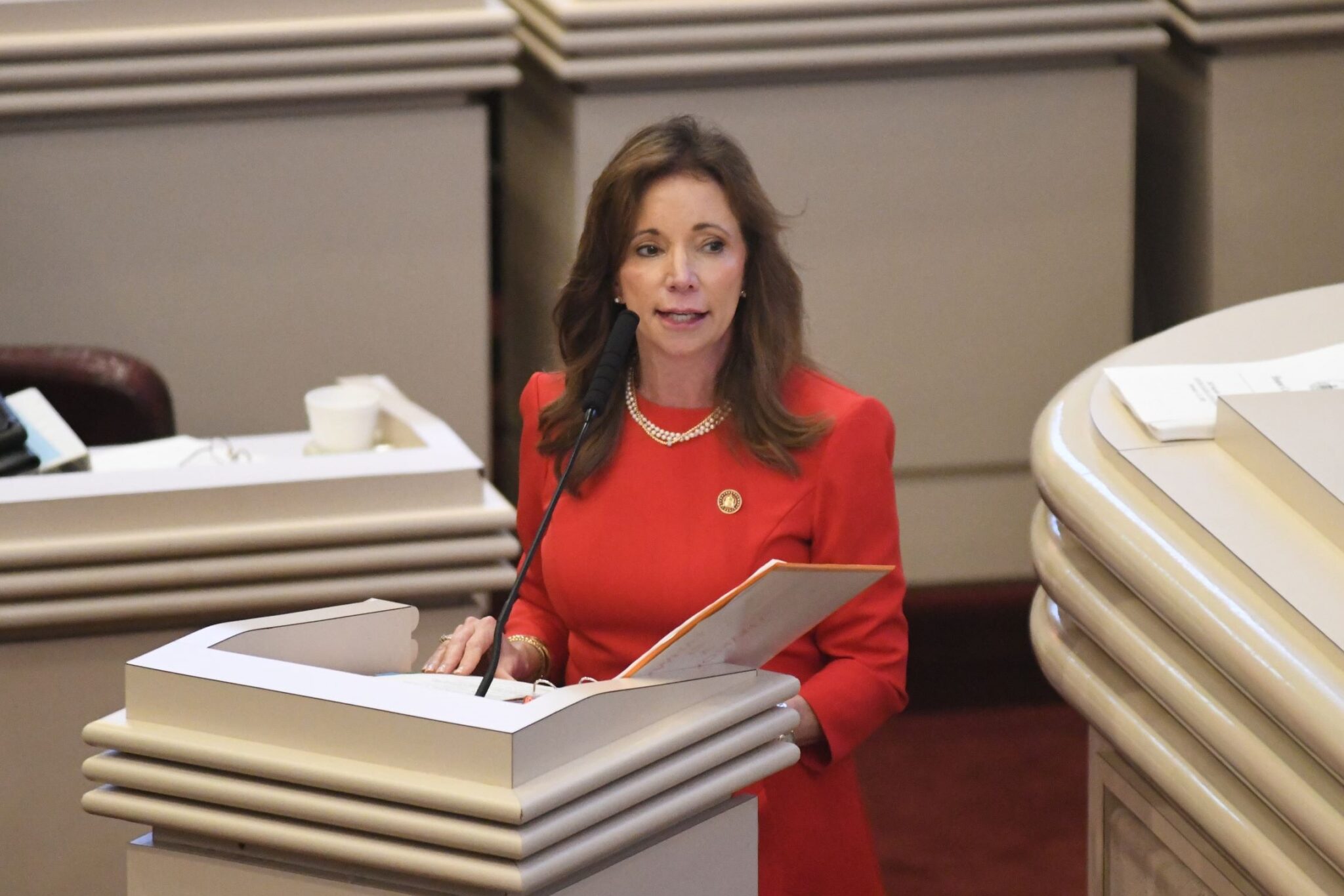
Faith Break: Alabama Lawmakers Propose Off-Campus Religious Study During School Hours
A groundbreaking legislative proposal aims to revolutionize how religious education is recognized in school curriculums. The proposed bill seeks to provide students with academic credit for religious instruction, bridging the gap between traditional educational frameworks and diverse spiritual learning experiences. Under this innovative legislation, schools would be required to extend elective credits to students who participate in structured religious education programs. This approach acknowledges the educational value of religious studies and provides students with additional opportunities to explore their cultural and spiritual heritage. The bill represents a significant step towards recognizing the importance of religious learning as a meaningful academic pursuit. By offering elective credits, schools can create a more inclusive and comprehensive educational environment that respects students' diverse backgrounds and belief systems. Proponents argue that this legislation will not only validate religious education but also encourage students to develop a deeper understanding of different faith traditions and cultural perspectives. The proposed policy aims to promote religious literacy and mutual respect within the educational system. As the bill moves through the legislative process, educators, religious leaders, and policymakers continue to discuss its potential impact on school curricula and student learning opportunities.




